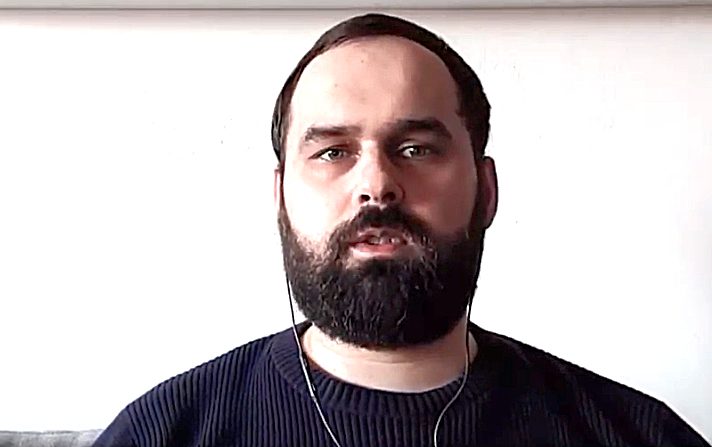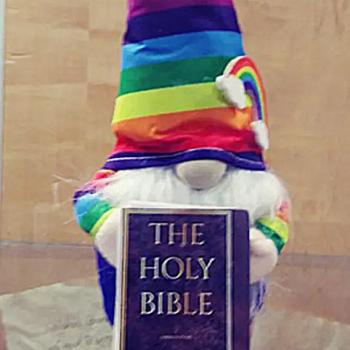WHEN Poland last conducted a census a decade ago, a whopping 96 percent of respondents claimed they were Roman Catholic.

But Oskar Żyndul, above, believes that figure was wildly inaccurate, and is leading a charge to get respondents to choose something other than Catholic in a census currently being held in his country.
Żyndul heads a campaign called “I want to count,” which says:
According to the previous census, almost all of us profess Catholicism. This common belief has a huge impact on politics and our lives. Allegedly we are all in the Church. Does this mean that Poland should become a religious state? Should the episcopate dictate laws?
Over the past ten years, many people have drifted away from religion and the Catholic Church. Consider whether you should mark ‘Catholicism’ in the religion column. It’s time to show what we really believe.
So, who is Żyndul? Last month The Times reported:
Last Christmas, Oskar Zyndul took a dramatic step for someone who, like most of his fellow Poles, has been raised and spent all his life as a Catholic: he formally renounced the church.
Zyndul, 36, a market researcher, had long been unhappy about the influence of religion on Polish politics, which has intensified under the ruling conservative Law and Justice Party (PiS). Sex scandals involving the church added to his disquiet. The final straw was a court ruling in October that makes abortion almost impossible, which has delighted the devout but outraged liberal Poles.
The Guardian reports that “I want to count” is a social media campaign that seeks to encourage Polish residents to choose alternative answers such as “Christian”, “Atheist”, or “Deist”. The effort has been endorsed by the National Women’s Strike, the group behind the nationwide pro-choice protests, and various LGBT+ rights groups.
Żyndul said:
The census from 10 years ago presents a very monolithic and homogenous Poland, while so many people in Poland do not go to church – even according to church’s own data, only 28 percent of Poles attend mass.
Writing for The Guardian, Weronika Strzyżyńska said that the Catholic church had enjoyed considerable political and social authority in Poland following the fall of Communism in 1989, having played a key role in dismantling the old regime. At that time, restrictions on abortions and publicly funded classes for Catholic teaching, the catechism, in all state schools were quickly introduced.
However, the religion appears to be quickly losing currency among Poles – especially those under 30 – with thousands across the country committing formal acts of apostasy to renounce their religious beliefs.
“Paradoxically, people who grew up with catechism classes at school are the least religious,” said Monika Mazurek, a sociology professor at the University of Gdansk. She added that the recent abortion ban and the accompanying protests had acted as a catalyst that prompted many to rethink their formal affiliation with the church.
Mazurek said she was not sure that the loss of respect for church institutions would necessarily translate to a shift in the way people identify, as many see themselves as “officially” Catholic regardless of privately-held beliefs.
Catholicism in Poland is mostly cultural. In the private sphere people have stopped attending church … however, the public sphere is still dominated by Catholic traditions.
However, according to the census campaign, even a significant minority of declared non-Catholics could have tangible political effects.
Żyndul said:
When officially we only have a small, 4 percent group [of non-Catholics], it can appear that this group does not have a voice and does not have the right to make political demands.
If we can show that there are more of these people, then perhaps progressive bills and ideas will be proposed with more conviction.

 I’d love a cup of coffee
I’d love a cup of coffee








